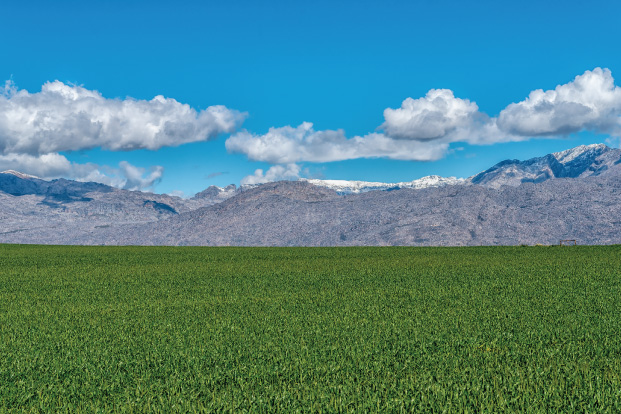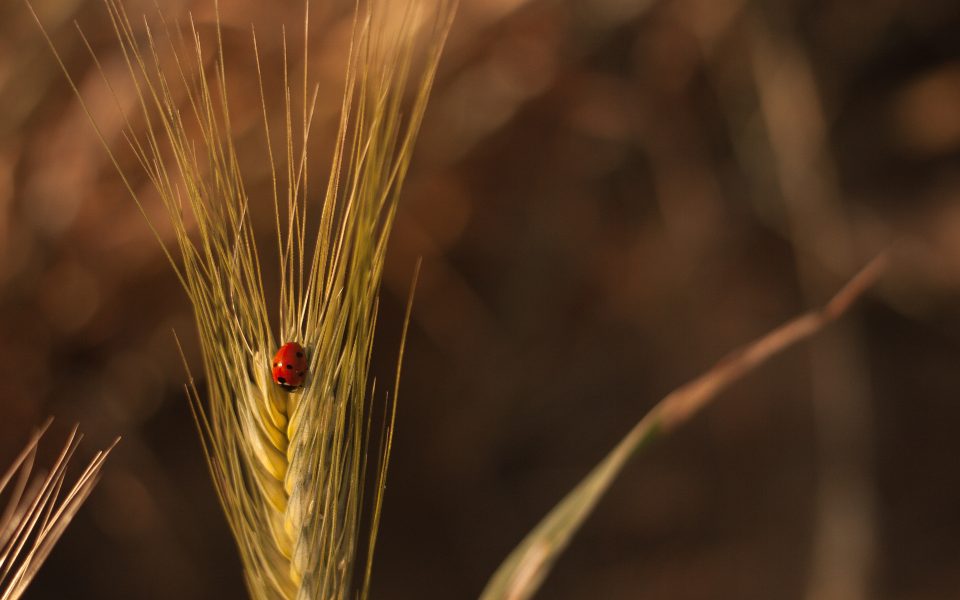Citrus growers expect easier UK access
Orange export markets take prioritisation in Far East
July 13, 2016
SA waits to see if stable demand for citrus will hold
July 20, 2016
Brexit has provided South African citrus growers a reason to cheer as the industry has been in a spot of bother because of stringent EU import requirements. Now, the R9bn industry, which has been battling citrus spot outbreaks over three years, expects to benefit from Brexit because it anticipates Britain will introduce its own, less stringent and independent plant health regulations.
It has been a tough three years for South African citrus growers, against whom the EU imposed a number of import bans due to citrus black spot. The EU views citrus black spot as a threat to its own crops and has introduced strict sanitary measures that include a requirement that local growers keep records of pre-and post-harvest chemical treatments, among others. The last ban on South African citrus was imposed in November 2013 and lifted in January 2014.
Citrus black spot causes blemishes on the fruit’s peel. In April, organic lemon growers suspended their exports to the EU after finding citrus black spot on their fruit, an exercise which cost them R50m. The suspension has not been lifted. Justin Chadwick, CEO of the Citrus Growers Association, said: “An independent UK will in all likelihood introduce its own plant health regulations — or at least remove or rescind those regulations that have no impact on the UK.” He said since the UK did not have any citrus, plant health regulations on citrus imports should be easier to comply with than the present EU regulations.
In 2015, SA exported about 720,000 tonnes of citrus to the EU, with 170,000 tonnes going to the UK, representing about 23.6% of total exports to the bloc. At present, the UK plant health regulations are the same as those of the EU under the Trade and Development Co-operation Agreement and the recently concluded Economic Partnership Agreement. “It is not only citrus but all fruits sent to the EU, which have to abide by the EU’s plant regulations, which are very stringent and technically unjustified plant health restrictions,” Chadwick said. He said that citrus growers were hopeful that, over the two years it would take for the UK to exit the EU, “plant health regulations would have been revised”.
South African growers might also be relieved from the import tariffs, which they pay during the EU’s citrus harvesting season between October and May, said Chadwick. “We hope that the UK will now look at its own tariffs between itself and SA. “This means that the blanket tariffs under EU trade conditions might fall away,” he said. SA is in the middle of its harvesting season and has already packed about 800,000 tonnes of citrus for export. The total exports for the 2015-16 season are expected to be 1.6-million tonnes, less than the 1.7-million tonnes harvested in 2015. Chadwick said that severe drought and a delayed winter had affected the crop.
Source: BDlive



